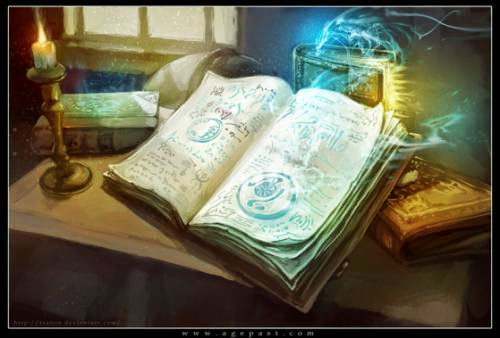
In preparation for the program, PBS has interviewed Carol Meyers, an archeologist and professor of religion at Duke University. In this interview Meyers discusses Moses and the significance of the Exodus.
The following is an excerpt from the interview:
Q: Questions about whether or not events in the Bible really happened evoke strong passions. As a biblical scholar, how do you see the issue of historical authenticity in terms of the earliest biblical accounts-the ones for which there is little archeological evidence?
Carol Meyers: Too often in modern western thinking we see things in terms of black and white, history or fiction, with nothing in between. But there are other ways of understanding how people have recorded events of their past. There's something called mnemohistory, or memory history, that I find particularly useful in thinking about biblical materials. It's not like the history that individuals may have of their own families, which tends to survive only a generation or two. Rather, it's a kind of collective cultural memory.
When a group of people experience things that are extremely important to their existence as a group, they often maintain collective memories of these events over generations. And these memories are probably augmented and elaborated and maybe even ritualized as a way of maintaining their relevance.
We can understand how mnemohistory works by looking at how it operates in more recent periods. We see this, for instance, in legends about figures in American history-George Washington is a wonderful example. Legends have something historic in them but yet are developed and expanded. I think that some of the accounts of the ancestors in the book of Genesis are similar. They are exciting, important, attention-grabbing, message-bearing narratives that are developed around characters who may have played an important role in the lives of the pre-Israelite ancestors.
Q: Let's turn to one of the most vivid figures in the Bible, Moses. Who is the Moses of the Bible, and could there have been such a person?
Read the rest of the interview here.
Claude Mariottini
Professor of Old Testament
Northern Baptist Seminary


















